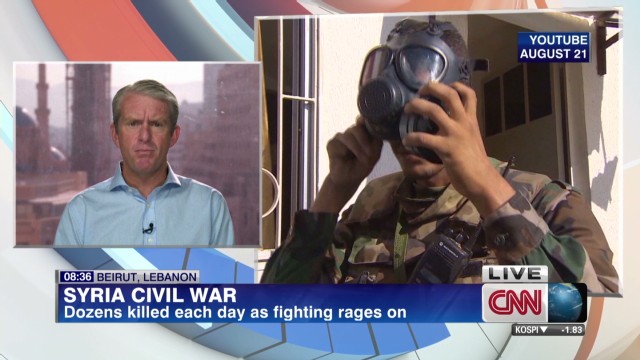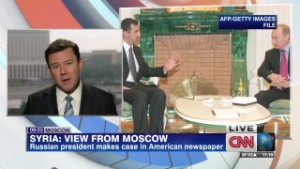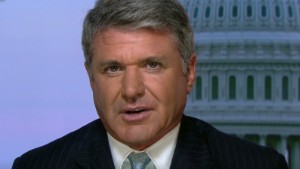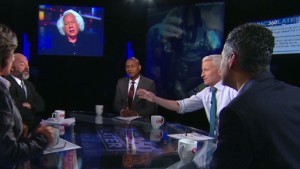
Jonathan explained that he had to sack Waziri from the headship of the anti-graft agency because she no longer enjoyed the confidence of Nigerians as chairman of EFCC.
The President's comments are contained in a publication by EFCC entitled Zero Tolerance, to mark its first decade of existence.
Jonathan
Farida Waziri, former Chairperson of the Economic and Financial Crimes Commisssion.
The President said: "When I give you a job, I will give you time to do it. Assuming somebody, who is heading an agency that is supposed to handle corruption, is not doing that and says it is because of the President's body language, that person is not competent.
"I am one Nigerian that has the privilege of holding this office that gives these people the latitude to do their work.
Confidence in Lamorde
"I am happy that Nigerians have confidence in EFCC and in its chairman, Ibrahim Lamorde and I also have confidence in him.
"I have no personal relationship with Lamorde. He even investigated me while I was the governor of Bayelsa State. But I have confidence in him, given his track record.
"Of course, there was a lady who was there. There were lots of complaints. Some may be right, some may be wrong, but perception matters so much when handling matters like corruption.
"The confidence of the people must be there. I had to remove her and that does not mean that she is guilty of the allegations, but because I
Ribadu
Meanwhile, the former chairman of EFCC, Nuhu Ribadu, has said that there are many other criminals in Nigeria still walking the
According to him, EFCC, which had worked assiduously to stamp out corruption within the first five years, was deliberately weakened by corrupt persons in high places, who handed over the agency to those who were brought to justice by it.
Ribadu said: "Those that were brought to justice by EFCC were the same people that EFCC was handed over to, and they did what they liked with it.
"It was the group that was worst in our
"Those that even attempted to kill me are still there. Maybe if I meet one former governor today, I will hug him and shake his hands like so many others that I am doing daily now. It was never personal.
Conspiracy theory
"The attempt to destroy and mess up EFCC was a conspiracy of so many people, including those that pretend to be honest or good people now; including those that made money from EFCC, and they are so many.
"They turned EFCC into a money-making outfit, while destroying the work itself, because they are so afraid of what EFCC could do.
"They would rather have a weak or a completely compromised organisation. So if we narrow it down to that former governor alone, then we are actually underestimating the way corruption fought back."
Obasanjo lied, says Atiku
Meanwhile, former Vice President Atiku Abubakar, yesterday, took a swipe at former President Olusegun Obasanjo, noting that his former boss lied in an interview he granted a magazine published by EFCC.
Obasanjo reportedly claimed that Atiku risked jail if he travels to the United States of America, USA.
A statement issued, yesterday, by Atiku's Media Adviser, Garba Shehu, said: "The former President is wrong. It is widely known that Atiku didn't enter government
"He declared his assets at the commencement of his tenure as Vice President and did so at the end of his term as required by the constitution, which is a sacred document to Atiku."
He noted that when the former Vice President left office shortly before late Musa Yar'Adua was inaugurated as President, Atiku spent three months in the US, adding that if they (US authorities) wanted him for anything, they would have met him.
first posted on: http://9janewss.blogspot.com






